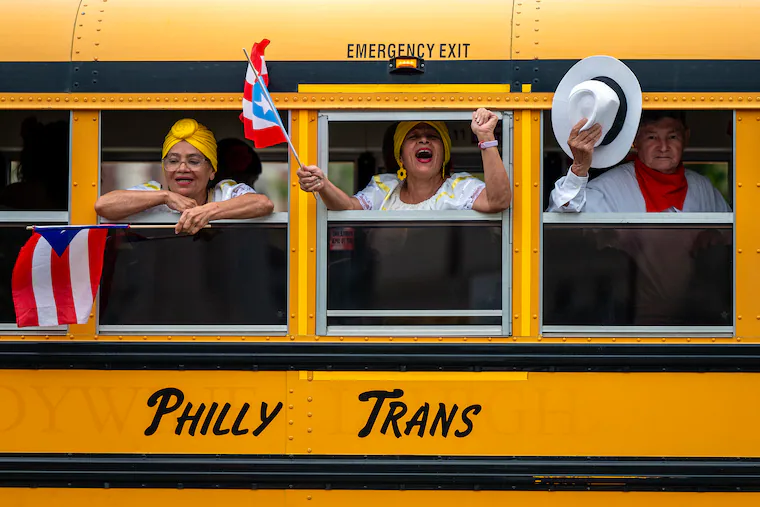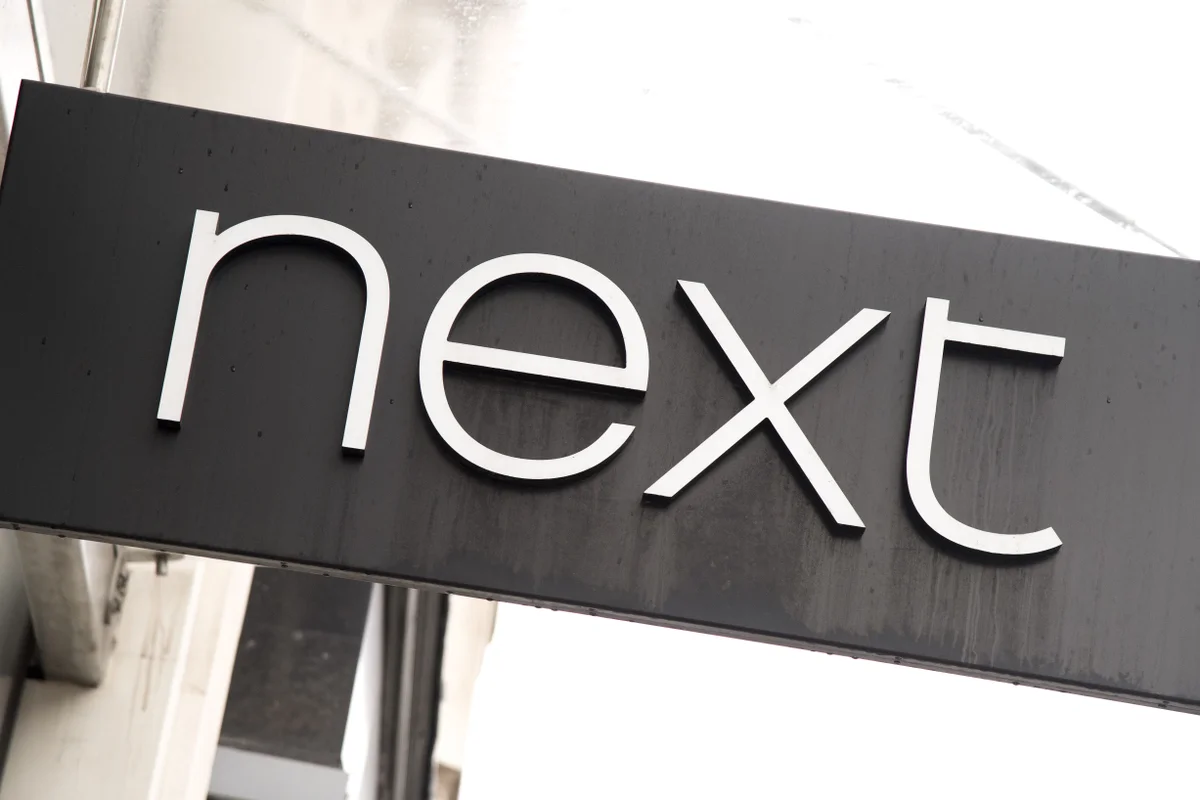
Last month, we heard news worth celebrating: Philadelphia is no longer the “poorest big city” in the country. Our poverty rate fell to 19.7% in 2024 from 20.3% in 2023. But it still means one in five Philadelphians lives below the poverty line — and the climb out remains steepest for Latino families.
In 2023, about 26% of Hispanic residents in Philadelphia lived in poverty; that’s more than double the rate of non-Hispanic white residents. While a Pew Charitable Trusts article released on Sept. 16 reported the poverty level for Hispanic Philadelphians has dropped, it attributed that to a higher share of Latinos earning over $150,000, while at the same time, the number of Latinos living below the federal poverty line increased slightly. These statistics demonstrate that even if there is progress, too many of our city’s Latino families remain left behind.
Yet, the resilience of our community is undeniable.
Philadelphia has roughly 12,000 Latino-owned businesses. The Bureau of Labor Statistics notes that, nationally, Latinos make up 19% of the U.S. labor force and have a participation rate higher than other ethnic groups. That is resilience translated into work, enterprise, and contribution to our families, communities, and the city’s economy.
This resilience alone can’t substitute for a social safety net that often tears when families need stability most. A parent may work two jobs, or a family may launch a microenterprise, only to be bankrupted by a sudden job loss, a rent hike, or a health crisis. Cost-burdened is defined as a household spending more than 30% of its income on housing expenses. In Philadelphia, half of all Hispanic households are cost-burdened, reflecting the highest share of any racial or ethnic group. When rent eats up most of your paycheck, there’s no way to save or invest in education, which affects long-term mobility.
Mobility is also often determined at or before birth. Data show that children born to low-income families are doing worse than they were decades ago, with racial and ethnic disparities persisting. Where you grow up — your schools, your housing, your social networks — shapes where you end up, with your zip code often defining your outcome.
The good news is that we can change this story through a systemic approach to economic mobility, building on the strengths of Latino families while removing the barriers that hold them back. That approach rests on four pillars:
Housing as the anchor
We must prioritize expanding affordable units, preserving existing housing, and creating pathways to homeownership in Latino neighborhoods. Housing policy should be directly tied to workforce, education, and small business support so families don’t fall through bureaucratic cracks.
Sachel Torres, 28, and her two children, ages 5 and 10, used to live in a three-bedroom in Hunting Park, and paid $1,250 a month. The family recently moved into a new affordable housing unit in Norris Square and now pays just $1,000 a month for the same-sized housing in a nicer neighborhood.
In order to live there, tenants must participate in Xiente’s Prosperity Project, an initiative that connects participants to a personalized “concierge” to help define their goals and provide support, resources, and education.
She now pays $250 less a month for rent. “Less rent allows me to save money and pay off debt much quicker,” she said. The housing was key, but she wanted more than that. “I get budgeting and saving counseling to help with financial stability because my goal is to be a first-time home buyer.”
Education and skills as a true pipeline
From early literacy to high school proficiency to adult upskilling, pathways for Latino families must improve. Our schools need the correct investments and interventions to provide our children with the best opportunity to break the cycle of poverty. This means investing in tutoring, career exposure, dual-enrollment programs, and family-centered support, leading to real wage gains.
Twenty-nine-year-old Tabitha Reyes has three children under 10, a job, and is in school online at St. Louis University. “I needed childcare because I needed more time to focus on my school studies, which I believe is important to advance my career opportunities.”
While her children attended an affordable preschool program, she built her knowledge and skills, working toward her bachelor’s in business administration. “Earning a degree is critical for me to earn a living wage and to get a flexible job that will allow me to support my kids financially and in every aspect of their lives.”
Entrepreneurship as a mobility engine
Latino-owned businesses are a critical part of Philadelphia’s economy. With access to flexible capital, technical assistance, and fair participation in procurement, these enterprises can grow from survival mode into wealth creation, benefiting not just families but neighborhoods and the city as a whole.
Deigzaret R. Romero, owner of New Covenant General Construction, said that when she and her husband opened their business, “We felt lost and unorganized, and didn’t know where to start.”
Because 18% of small businesses fail within their first year, they approached Xiente for “technical assistance,” which includes education, support, and referrals to other organizations and programs, like the Build Latino program offered by the Greater Philadelphia Hispanic Chamber of Commerce.
“The business that was just surviving before has been thriving,” she said, “and I feel much more organized now. Before joining the program, I had no idea how to even open a business bank account. Today, we have a free business account in place, and we’re preparing to secure business funding once the account has had more time to grow and establish a solid history.”
Targeted income and family support
Innovative models such as guaranteed income pilots are showing promise in Philadelphia when combined with family coaching and connection to resources. By stabilizing households and reducing toxic stress, they demonstrate that sometimes the most effective investment is simply trusting families to decide what they most need. The early results suggest families use these tools to broaden job prospects, improve children’s lives, and build a more stable foundation for the future.
As part of the Prosperity Project, Sachel Torres receives $500 a month in guaranteed income, and it helps more than just her bottom line.
“The $500 a month has made a difference in my budget, and it helps me be more financially stable,” she said. “I also feel less stressed and more confident.”
If Philadelphia wants to sustain its progress and become a city where resilience leads to mobility, we must align housing, education, jobs, entrepreneurship, and income support for a coherent system. We must also measure success not just by poverty rates, but by mobility outcomes; this can be achieved by providing interventions that increase access to capital, improve skills, and expand families’ social networks.
The Latino community has proven its resilience and entrepreneurial spirit. Now the city must match that strength with a systemic scaffolding for mobility, moving from isolated programs to a holistic system.
And with Philadelphia’s poverty rate finally moving in the right direction, it’s time Latino families get to share fully in that progress, ensuring our resilience is rewarded with results.



